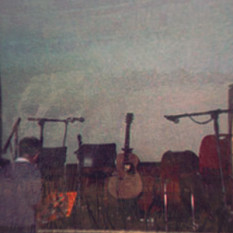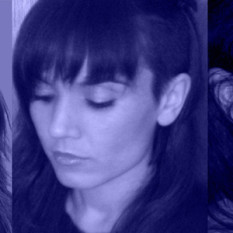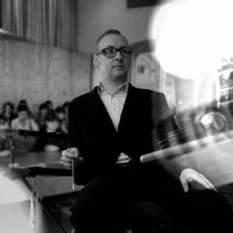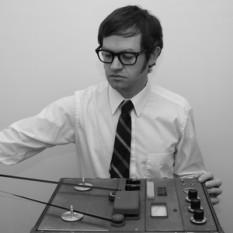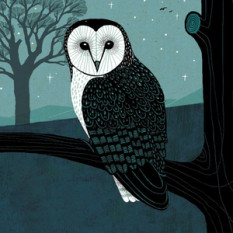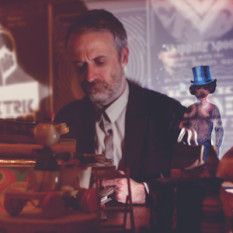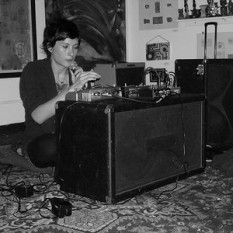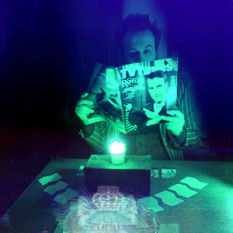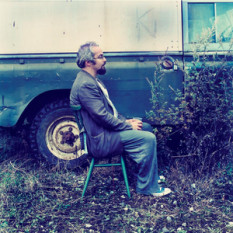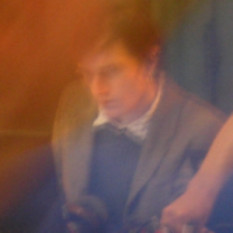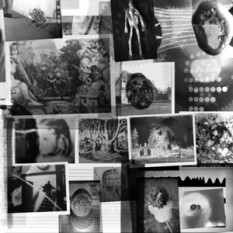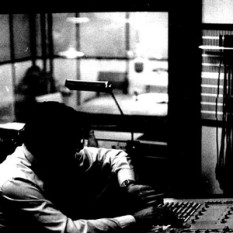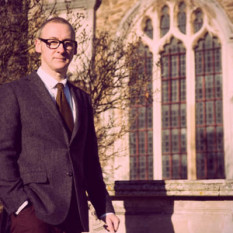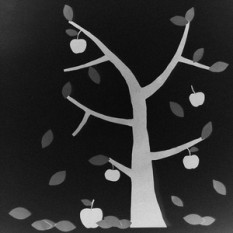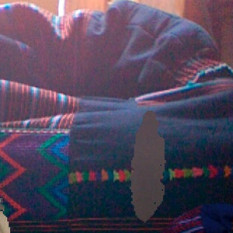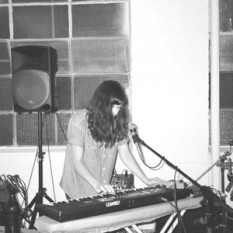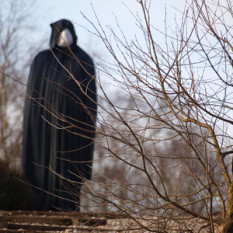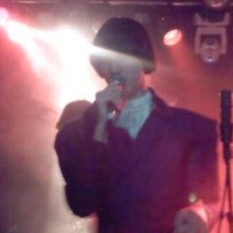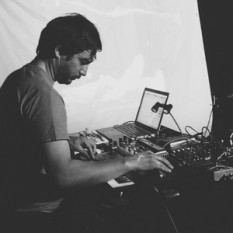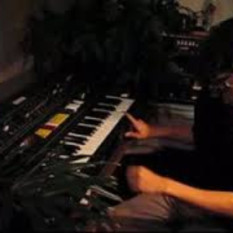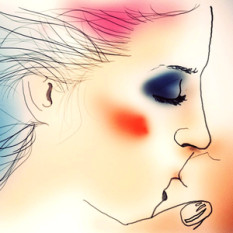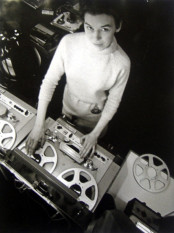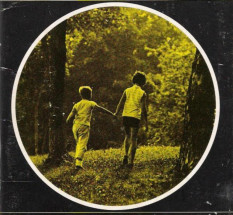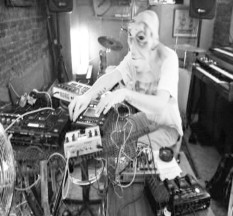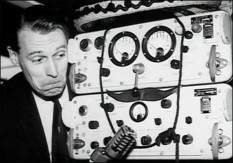Hauntology is a type of music, influenced by the BBC Radiophonic Workshop and the vague sense of cold war dread present in public information films from the 1980s, along with an acknowledged debt in both sound and sleeve design from library music. The concept of what people in previous decades imagined the future would be like is a key element of the hauntology sound.
The influence of hauntology can be heard in some dubstep, particularly Burial, as well as trip-hop and ambient.
Ghost Box and Trunk Records have established themselves as labels that so far have released material exclusively within the genre.
Hauntology is an idea within the philosophy of history introduced by Jacques Derrida in his 1993 work Spectres of Marx. The word, a portmanteau of haunt and ology, and a near-homophone to ontology in Derrida's native French, deals with "the paradoxical state of the spectre, which is neither being nor non-being", according to a professor at RMIT University.
The idea suggests that the present exists only with respect to the past, and that society after the end of history will begin to orient itself towards ideas and aesthetics that are thought of as rustic, bizarre or "old-timey"; that is, towards the "ghost" of the past. In this, it is has some similarity with the cyberpunk literary movement. Derrida holds that because of this intellectual realignment, the end of history will be unsatisfactory and untenable.
The name and concept fundamentally come from Marx's assertion that a "spectre is haunting Europe, the spectre of communism." Derrida holds that the spirit of Karl Marx is even more relevant after the fall of the Berlin Wall in 1989 and the demise of communism, that the West's separation from the ignorance of the suffering still present in the world will "haunt" it and provide the impetus for a fresh interest in communism.
The idea of hauntology has been criticised by a number of philosophers including Jurgen Habermas and Richard Rorty. .

